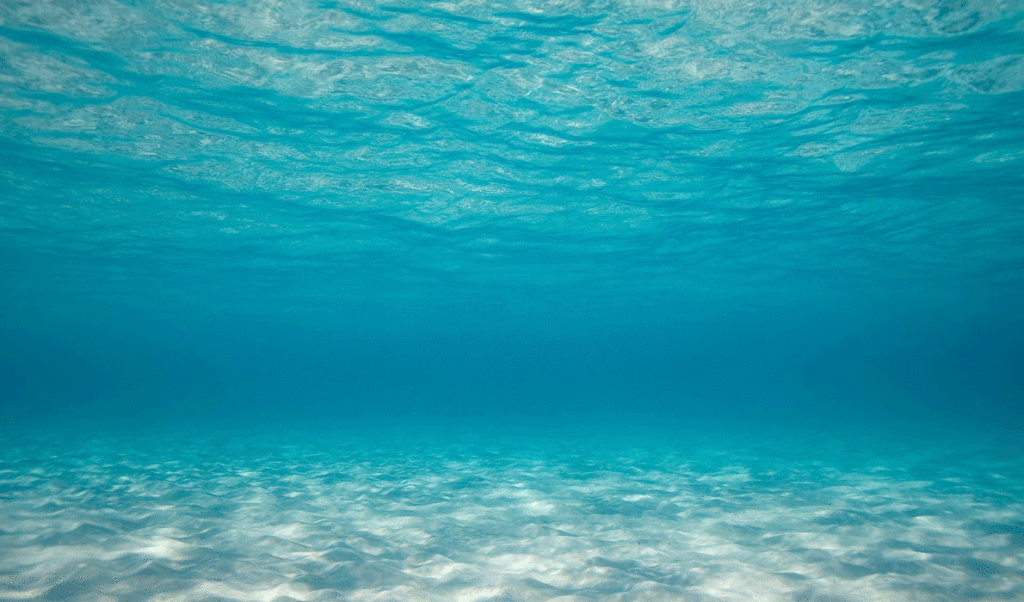By Tom Groening
The rock musician Frank Zappa often chose bizarre, sometimes off-color, but usually witty titles for his instrumental songs. One from the late 1970s, “The Ocean is the Ultimate Solution,” remains in my memory, even though I can’t summon to mind a single lick of the tune.
The title was perversely appropriate for the times. New York City was sending its treated sewage sludge on barges to be dumped offshore. In 1975, the National Academy of Sciences estimated that, globally, 14 billion pounds of garbage were dumped into the ocean each year. There were stories—probably apocryphal—about spent nuclear fuel being encased in concrete inside 50-gallon drums to also be dumped in the ocean.
So for some, the ocean was indeed the ultimate solution.
But maybe we should tweak that phrase for these times.
Back in April, I attended a lecture at the University of Maine in Orono by Sylvia Earle, a rock star in her own right. Earle, now in her 80s, was a pioneer in ocean exploration and research, beginning in the 1950s. Speaking to a Collins Center for the Arts audience made up mostly of students, she urged them to consider focusing on the ocean in their professional pursuits.
The surface of Mars is better mapped than is the bottom of the world’s oceans, Earle said. Scientific inquiries into what the ocean contains and how it functions have only begun to plumb its depths, both figuratively and literally, she said.
In late August, I attended a “Coffee and Conversation” event at College of the Atlantic in Bar Harbor featuring another champion of the ocean (see story on page 7). David Shaw, who has helped protect 2 million square miles of the Sargasso Sea, also urged further study of the ocean.
The seas are warming, and those warmer waters are causing more powerful storms and higher tides. Life in the oceans also provides 80 percent of the oxygen we breathe. And there are more and more ways in which carbon can be stored in the ocean, thereby keeping it out of the atmosphere.
If these dynamics can be better understood, the potential to mitigate the effects of climate change may emerge.
Shaw and Earle both talked about what seems to be the senseless killing of sharks, as many as 100 million a year, mostly to make shark fin soup for Asian markets. Many of the sharks are hauled aboard commercial ships, where their fins are hacked off, and then the fish are tossed, still alive, back into the sea.
Shaw likened this to the barbaric practice of 19thcentury railroad passengers in the West, shooting buffalo from train cars purely for sport. He quoted Earle, who said, “Until you know, it’s hard to care.”
Even though nations now claim jurisdiction of the seas within 200 miles of their land borders, most of the oceans remain unregulated. Unsustainable harvesting and environmental degradation are rampant in too much of what Shaw calls the “high seas.”
The ocean also increasingly is seen as providing solutions to food production, either in on-the-water aquaculture, or with sea water drawn into land-based fish farms, as is proposed for plants in Bucksport and Belfast.
Capt. Kirk of Star Trek fame called space the final frontier. But hearing the likes of Sylvia Earle and David Shaw speak about the ocean has me thinking it is a far richer realm, and as worthy—or maybe even more so—of exploration and study.
Tom Groening is editor of The Working Waterfront.





